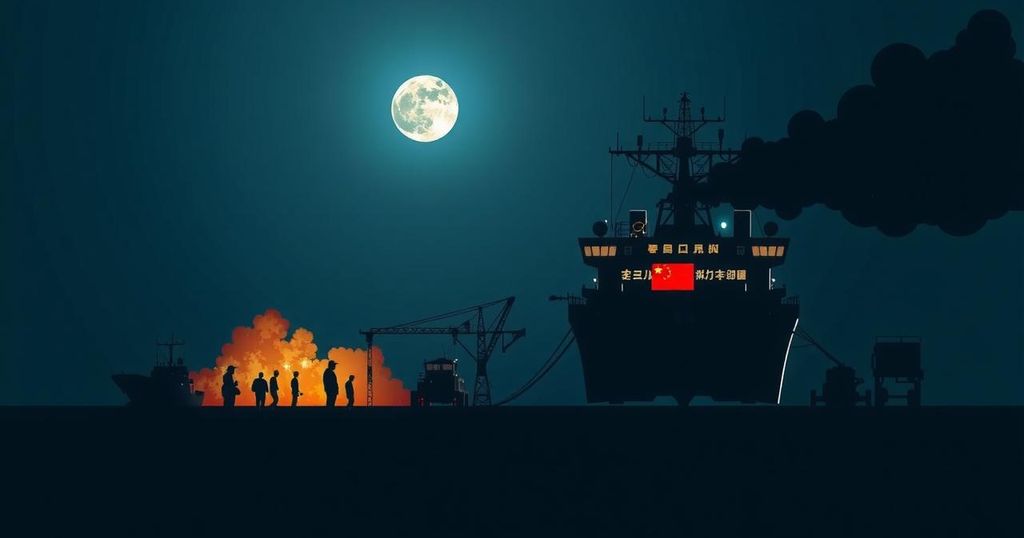Tensions Rise as China and Philippines Clash in South China Sea
The ongoing territorial dispute in the South China Sea has once again flared up as China and the Philippines trade accusations over a collision between coast guard vessels. The incident occurred near Sabina Shoal, a highly contested area of the waterway.
According to a statement from the China Coast Guard, two Philippine Coast Guard ships engaged in what was described as “unprofessional and dangerous” behavior, ignoring repeated warnings and eventually colliding with a Chinese vessel. The Chinese side has accused the Philippines of intentionally causing the collision.
Gan Yu, a spokesperson for the China Coast Guard, squarely placed the blame on the Philippine side, urging them to cease their actions and warning of potential consequences if they fail to do so. In addition to the collision, China has also accused the Philippines of violating a provisional agreement related to the disputed area.
In response, the Philippines has denied the allegations, with the Philippine Coast Guard claiming that it was the Chinese vessel that “maneuvered to close in on BRP Cabra,” one of the Philippine ships involved in the incident. The Philippines has stated that it will continue to defend its sovereignty and pursue its maritime patrols in the area.
The latest clash between China and the Philippines underscores the ongoing tensions in the South China Sea, where multiple countries have competing territorial claims. The Sabina Shoal, in particular, has been a focal point of disputes, with both China and the Philippines asserting their rights to the area.
The South China Sea is a strategically important waterway, through which a significant amount of global trade passes. It is also rich in natural resources, further complicating the competing claims of various countries in the region.
As the situation continues to unfold, it is important for both China and the Philippines to exercise restraint and engage in dialogue to peacefully resolve their differences. The international community is closely monitoring the developments in the South China Sea, emphasizing the need for adherence to international law and the peaceful resolution of disputes.
In the midst of these tensions, it is crucial for all parties involved to uphold the principles of good faith, mutual respect, and adherence to established agreements. The South China Sea remains a complex and sensitive issue, and it is imperative for diplomacy to prevail in order to prevent further escalation and maintain stability in the region.








Post Comment